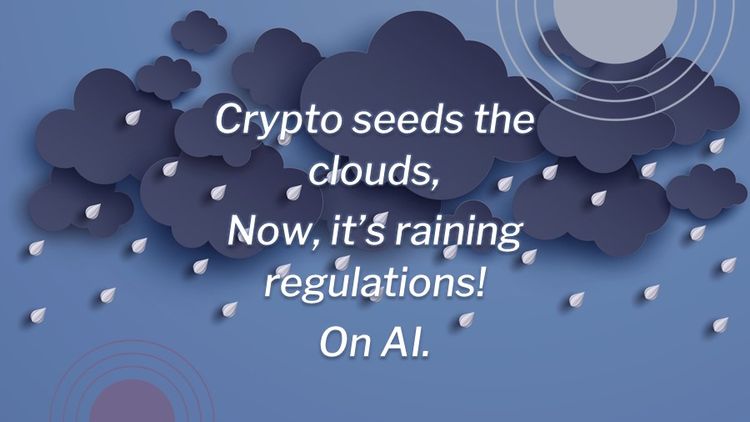Big Tech firms need to solve the S in ESG

The Environmental, Social and Governance (ESG) movement has become enormous and is increasingly ill-defined. And it is just getting off the ground. The ESG movement has had a large financial focus, creating tags like “green bond” for financing vehicles. But it is an attempt to revise corporate goals by directing corporate behavior toward values besides shareholder maximization.
The ESG movement is in the process of shutting down the oil and coal businesses as well as pushing many manufacturing operations to permanently move overseas. Big Tech is vulnerable too, especially because of current psychological studies claiming that social media is addictive and can be harmful. At the same time, the scope of the ESG movement continues to envelope ever larger business enterprises.
ESG booms
The breadth of the ESG movement is hard to comprehend as the U.N. Climate Change Conference (COP26) in Glasgow during October of this year showed. The accelerating pace of climate rule change was evident. But the Social and Governance elements of ESG have also grown this year.
Corporations have responded to the ESG movement in a wide variety of ways. Many corporate managers have become social managers, placing social responsibility along with shareholder valuation at the top of their goals. Of course, we have no notion that these managers are going to be good at social policy. In fact, it would only be fortuitous if they were since their corporate position may not have involved training for maximizing broader social goals.
The solution for the finance industry has been to outsource the ESG assessment process rather than leave it with the management of a firm. An entire industry has developed to allow the stakeholders to assess the ESG status of a company. Rating agencies now offer various scales of ESG status. These agencies provide ratings at the firm level, primarily for equity valuations, and at the securities level for bonds.
These ratings have now become famously dysfunctional. No two are based on the same values. Indeed, the rating itself may not depend on the ESG values at all, but instead on the general sense of the quality of the company. They have also been enormously unstable since a rating agency may change an ESG rating retroactively.
In addition, an ESG advocate may state its social goal in the abstract, but not in the particulars. If a company is supposed to donate a portion of its profits, how much would that be? And where? And what about wages? Does the company pay a fair wage? If so, is there a union in place to help ensure that the wages meet ESG standards?
Tech companies face special problems
For tech companies these Social and Government goals can place them in the ESG reformer’s path even if they meet the environmental standards. On the one hand, the environmental value of technology companies can be vastly positive because of improving the efficiency of travel and other processes. In fact, techs are marketing ESG solutions to other corporations.
Tech firms, though, need to see their real vulnerability to the ESG wave. The largest Internet companies have already had a tough year in Washington with calls for increased regulatory accountability especially in antitrust. But they have also had wins. An appeals court ruled that Internet companies are not state actors and can sensor speech.
Still, despite their ability to manage the E in ESG, the Internet firms are as vulnerable to the Social component of ESG as the oil companies were to the Environmental portion.
There has never been an industry like these Internet companies. They are a social force of unsurpassed emotional power. The number of active users is astounding with about 2.9 B using Facebook and 2.3 B using You Tube.
Studies of the impact of these companies on human behavior abound. The results vary but in the main we would expect that “like the printing press, there is nothing inherently ‘good’ or ‘bad’ about social media. Whether they help or harm well-being depends on how and why people use them, along with who uses them.” [1]
Efforts by tech firms to change their image by changing their name will be of little use to the tech industry when ESG lawyers assert another prevailing view from psychologists. The psychologists now say that “big Tech, like Big Tobacco before it, is an industry founded on addiction.” [2]
The financial markets will be the among the first entities impacted by Internet users claiming that the Tech industry has harmed them. ESG complaints can lead to the same types of penalties for big Tech companies as it did for the oil companies.
Investors should be aware Big Tech has an ESG problem. Big Tech should move on this now and for investors they should not rely solely on ESG ratings. Just as proponents of ESG were able over time to ground down the oil business, Big Tech is vulnerable in the long term to ESG as well. Investors should no longer neglect the S problem for Big Tech. Good ESG ratings will not be enough for either the firm or the investor in the long run if the S in ESG is not solved.
We hope you enjoyed this article. Please give us your feedback.
[1] Ethan Kross, Philippe Verduyn, Gal Sheppes, Cory K. Costello, John Jonides, Oscar Ybarra, Social Media and Well-Being: Pitfalls, Progress, and Next Steps, Trends in Cognitive Sciences,Volume 25, Issue 1, 2021, Pages 55-66, ISSN 1364-6613, https://doi.org/10.1016/j.tics.2020.10.005.
[2] Griffin, Caleb Systemically Important Platforms (March 19, 2021), Cornell Law Review (2021 Forthcoming)





